Medical Disclaimer: I am not a doctor. The following article is my own opinion, and you should speak with your physician before making any medical decisions.
Your sweet baby has just been born. You can’t wait to get them into your arms when a nurse quickly whisks them away to the other side of the room. You hear your baby crying and you see the nurse putting down a needle. What just happened?
There is a series of procedures common in delivery rooms, and administering a Hepatitis B vaccine is one of them. But is it necessary? Do you have a choice? Let’s take a look.
What Is Hepatitis B?
Hepatitis B is a virus that affects the liver and is contracted through blood and bodily fluids. The symptoms are similar to the flu, and sometimes adults can contract Hep B and recover without knowing they were ever even sick. Infants who are born to Hepatitis B positive mothers can contract the illness.
Who Is At Risk For Hepatitis B?
There are things that can make you at higher risk for contracting Hepatitis B. Some of those things include:
- being sexually active with multiple partners or having sex with a person infected with Hepatitis B
- sharing needles or other paraphernalia for injecting drugs
- handling blood or bodily fluids
- being an employee or inmate of a long-term prison
- receiving body piercings or tattoos from an artist who doesn’t sanitize things properly
Infant Vaccination
While and adult rarely cannot clear the infection on their own, children and infants who contract Hepatitis B are far more likely to become lifelong carriers. Infants born to mothers who test positively for Hepatitis B have a 75% chance of contracting the disease, and 15-25% chance of contracting liver cancer or cirrhosis during their lifetime. It should be stated that Hepatitis B is transmitted during birth, not through breastfeeding so a Hepatitis B positive mother can safely nurse her new baby without risk of transmitting the disease.
There are several strategies for combating the spread of Hepatitis B and several factors to consider when adopting a policy, including the risk and cost of infection vs risk, effectiveness, and cost of vaccination. The US and many developed nations have approached Hepatitis B by vaccinating during a time where they can minimize the risk of people becoming lifelong carriers, and immunity is thought to last into the promiscuous years. Some doctors also believe that the hepatitis B series, which consists of 3 separate shots, is more likely to be completed if they begin with infants.
Analyzing the Risk
In many maternity practices it is standard for a pregnant woman to have a full blood workup. They will test you for common STDs like gonorrhea or chlamydia (which is covered in another blog post), and yes, hepatitis B. Of course, a woman could contract hepatitis B between testing and her baby’s birth if she is engaging in high risk behaviors, but prenatal testing is a good baseline. If she is in a monogamous sexual relationship with a partner who is also monogamous, not engaging in high risk behaviors, and tests negative for hepatitis B, logic concludes that she would remain hepatitis B free to the end of her pregnancy.
Another area of risk to consider is the safety of the vaccine. As recently as July 2013 there have been cases of babies dying shortly after receiving the hepatitis B vaccine. Three babies in Vietnam died after receiving their first injection of hepatitis B. All babies started showing symptoms within 30 minutes of receiving their hep B injection from a well-trained nurse, and all 3 died.
Choices
Whether or not to vaccinate your child is a decision only a parent can make, as the consequences of that decision are yours to bear. In the US vaccinations are required for admittance to school and daycare. Most states, however, have an exemption law so parents can opt out in certain situations. If you decide to decline vaccinations you must sign a waiver that can be obtained from your state’s Department of Health. You can also find alternative forms on the internet.
Providing there is no legal barrier, and assuming vaccinations are both safe and effective, I see a few options:
- Vaccinate on schedule. Start your hepatitis B series at birth and return to complete the series.
- Vaccinate your teenager. Teenage and young adult years are when high risk behaviors are likely to occur, so vaccinating your child before they engage in those behaviors would provide them protection against hepatitis B.
- Refuse vaccinations. Educate your children on high risk behaviors, abstinence, and safer sex and demonstrate these values to them.
I’m not so naive to believe that teaching abstinence works to protect all teenagers, but I do believe that teaching these values and cultivating a safe relationship with our kids is a good place to start. I also know that child abuse happens putting children at risk whose parents may not display high risk behaviors. However I choose to not live in fear of what could happen because if I didn’t I’d have to leave my children bubble wrapped in a room. But then again, I wouldn’t want them to be exposed to all that plastic, and make sure they get adequate ventilation, and how does one exercise while wrapped in bubble wrap, and… on and on.
Conclusion
If mom tests positive for hepatitis B, infant care should be addressed.
For the mom that doesn’t, logic follows that if parents follow a low-risk lifestyle and mom tests negative for hepatitis B at the beginning of her pregnancy, there is little to no risk of the infant contracting hepatitis B during birth. And since a child in that situation is unlikely to be sharing needles or having sex, it seems that administering a vaccine within minutes or hours of birth might be an extreme method of carrying out public health policy.

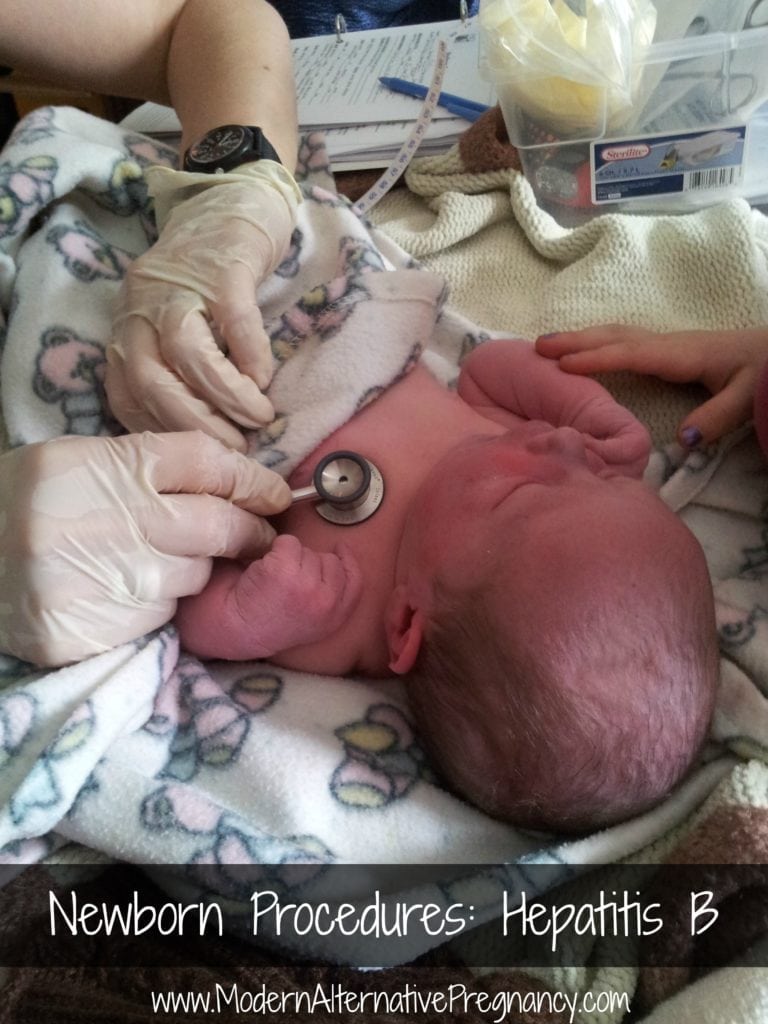
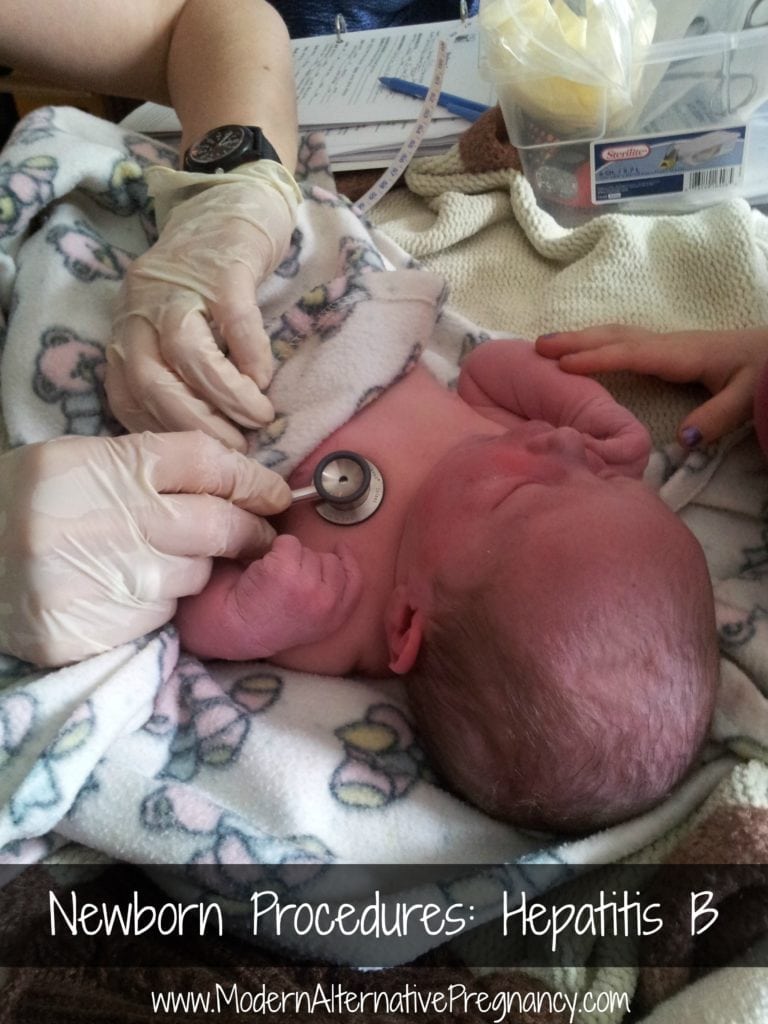
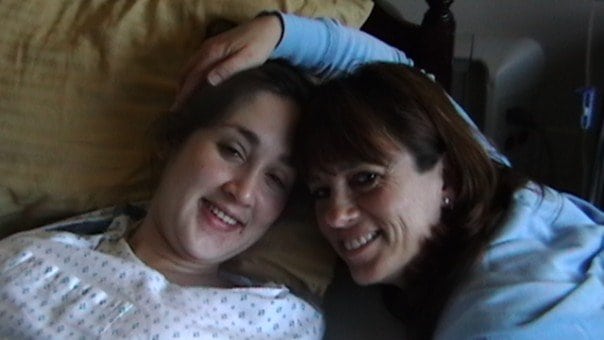

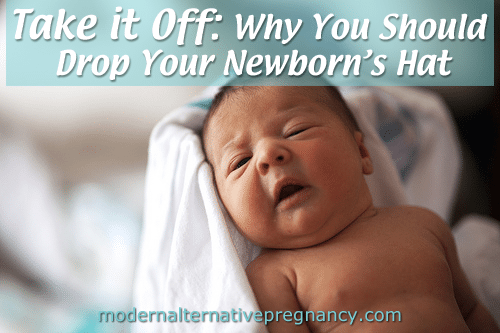
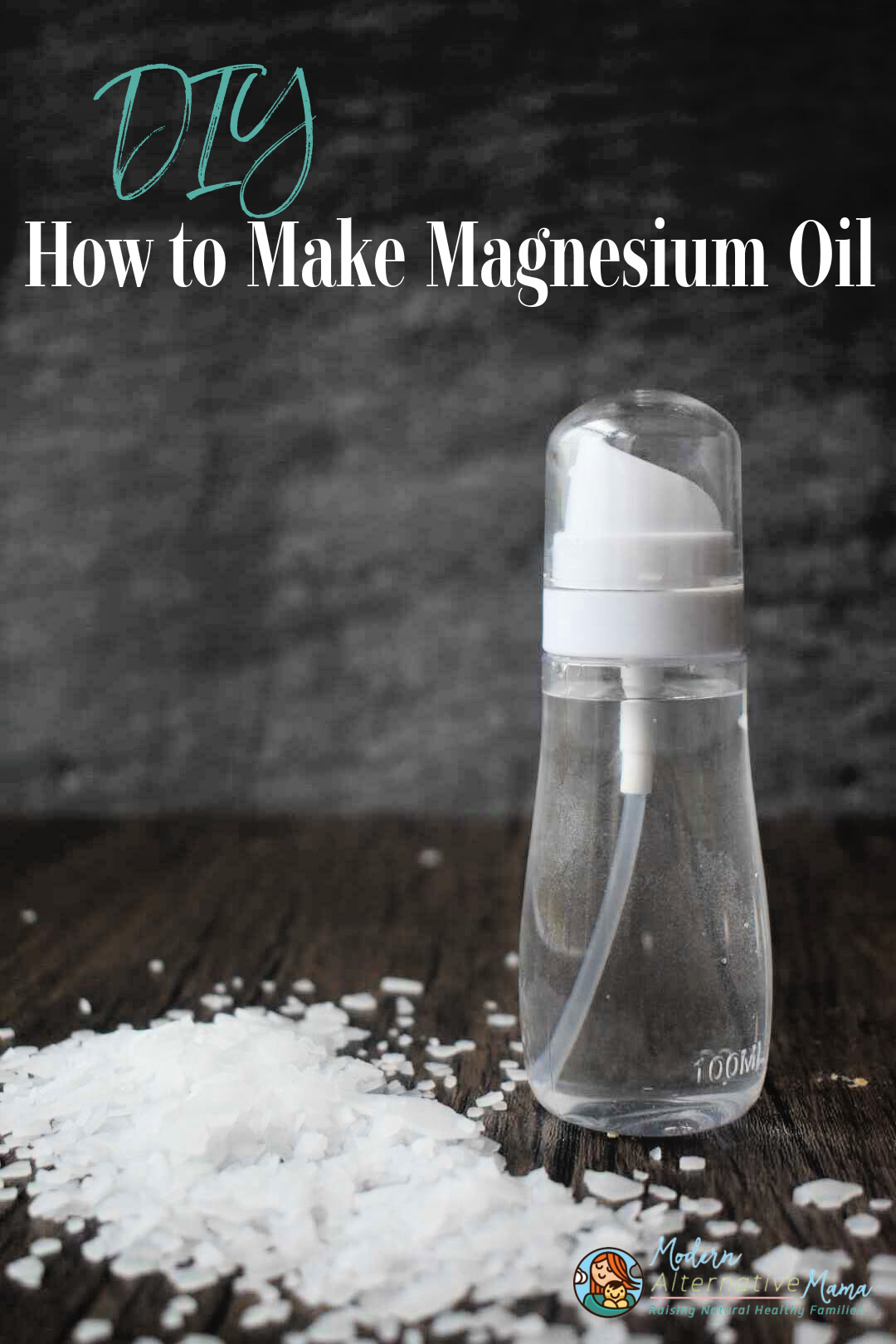

[…] You can read the rest over at Modern Alternative Pregnancy! […]